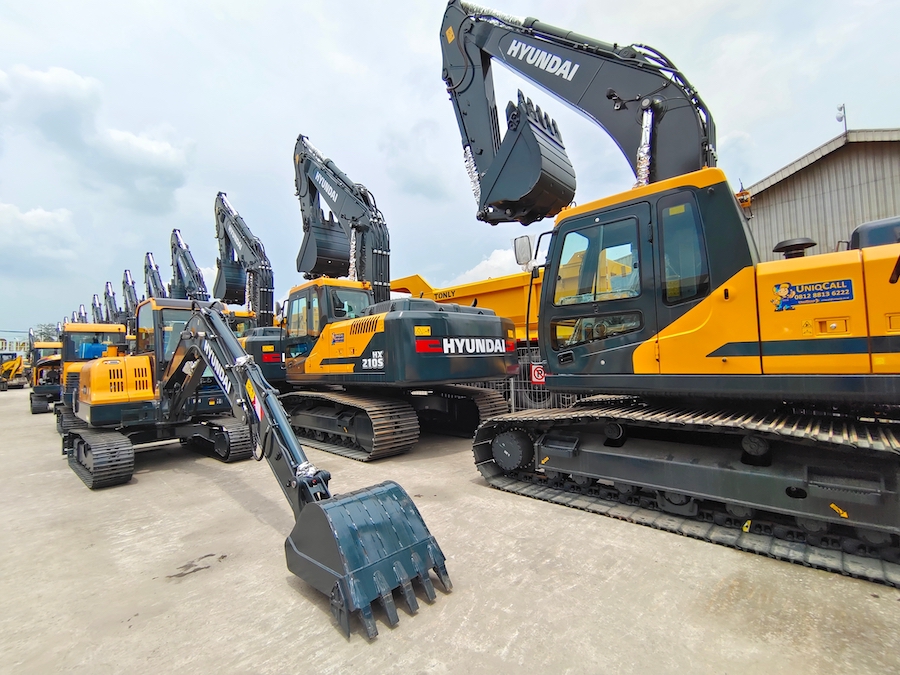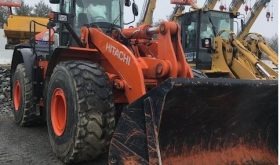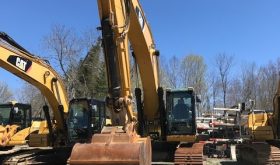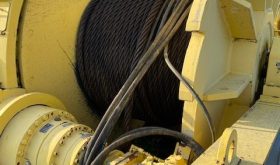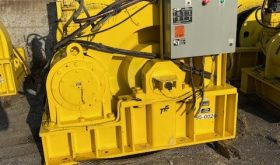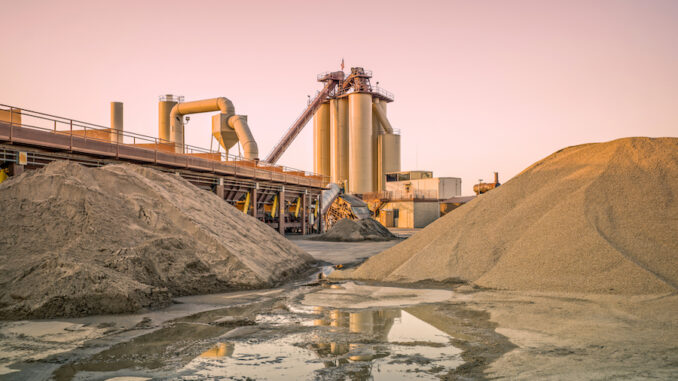
View the complete article here.
Introduction
Asphalt plants are essential for the production of asphalt—which is widely used in road construction, airport runways, parking lots, and more. The complex nature of these plants—combined with the high temperatures and heavy equipment involved—can create a hazardous environment if proper safety measures are not in place. This in-depth article will explore the key equipment features and best practices for ensuring a safe working environment at asphalt plants.
Key Equipment Features for Safety
To ensure the safety of personnel and to prevent accidents, it is crucial to have the following safety features installed in asphalt plants:
- Emergency stop buttons: These buttons should be easily accessible and placed in strategic locations throughout the plant to enable quick shutdown of the entire system in case of an emergency.
- Warning signs and labels: Clearly visible and well-maintained warning signs and labels should be used to indicate potential hazards and to provide essential safety instructions.
- Safety guards and barriers: Protective guards and barriers should be installed around moving parts and other dangerous areas to prevent accidental contact with equipment.
- Fire suppression systems: Due to the high temperatures involved, fire suppression systems are essential to prevent and control fires at asphalt plants.
- Ventilation systems: Proper ventilation is crucial to minimize the build-up of potentially harmful fumes and to maintain a safe working environment.
- Fall protection: Fall protection equipment—such as guardrails and safety harnesses—should be in place for personnel working at heights.
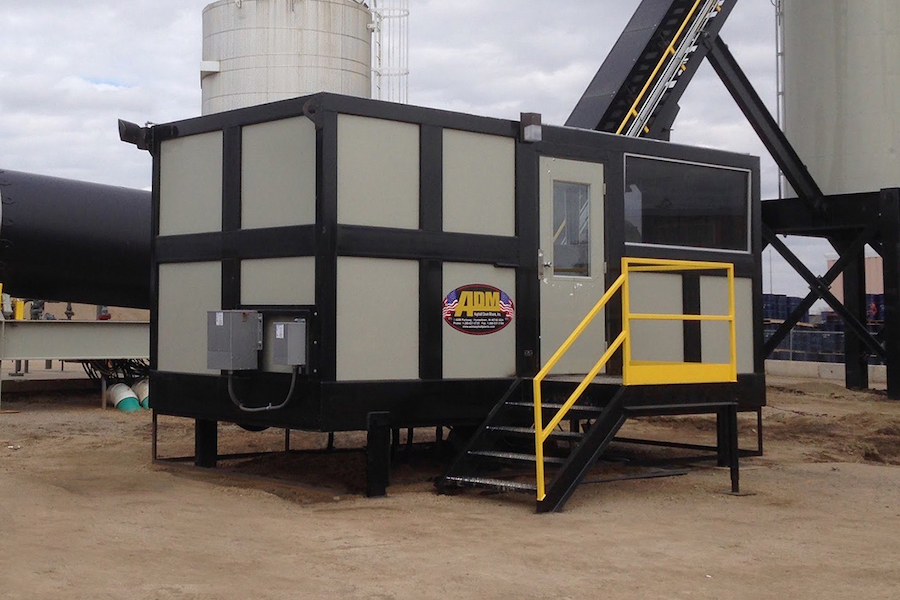
Best Practices for Asphalt Plant Safety
To ensure a safe working environment at asphalt plants, implement the following best practices:
- Training and certification: Ensure that all employees receive proper training and certification in the operation and maintenance of asphalt plant equipment—as well as in safety protocols.
- Regular inspections and maintenance: Conduct regular inspections and maintenance of all equipment to identify and address potential hazards before they become critical issues.
- Personal Protective Equipment (PPE): Ensure that all personnel are equipped with appropriate PPE—including safety goggles, gloves, steel-toed boots, and high-visibility clothing.
- Safe work procedures: Develop and implement safe work procedures for all tasks performed at the asphalt plant. These procedures should include guidelines for handling hot materials, operating heavy machinery, and working in confined spaces or at heights.
- Communication: Foster a culture of open communication—encouraging employees to report any safety concerns or potential hazards without fear of retribution.
- Emergency response plan: Develop and regularly review an emergency response plan that outlines procedures for dealing with various types of emergencies—such as fires, spills, or equipment malfunctions.
- Housekeeping: Maintain a clean and organized work environment to reduce the risk of accidents caused by tripping, slipping, or falling.
Monitoring and Continual Improvement
It is essential to continuously monitor and improve safety measures at asphalt plants:
- Incident reporting and analysis: Establish a system for reporting and analyzing accidents and near-misses to identify root causes and implement corrective actions.
- Safety audits: Regularly conduct safety audits to evaluate the effectiveness of safety measures and to identify areas for improvement.
- Ongoing training: Provide ongoing safety training and refresher courses to keep employees up-to-date on the latest safety procedures and best practices.
- Compliance with regulations: Ensure that your asphalt plant complies with all applicable local, regional, and national safety regulations.
Conclusion
Asphalt plant safety is a critical aspect of the overall operation and productivity of these facilities. By incorporating key safety features, implementing best practices, and continuously monitoring and improving safety measures—you can create a safer working environment for your employees and reduce the likelihood of accidents.
View the complete article here.
Why is safety important in an asphalt plant?
Safety is paramount in an asphalt plant due to the nature of the materials and processes involved. Hazards can include high temperatures, flammable materials, heavy equipment, and dust, among others. Ensuring safety helps prevent accidents and injuries, contributes to productivity, and is a regulatory requirement.
What are the key equipment features and best practices for safety in an asphalt plant?
Key equipment features for safety in an asphalt plant include guardrails, safety locks, emergency stop systems, and proper ventilation systems. Best practices for safety include regular equipment inspection and maintenance, safety training for employees, proper personal protective equipment (PPE), implementing safety protocols, and fostering a culture of safety in the workplace.




































